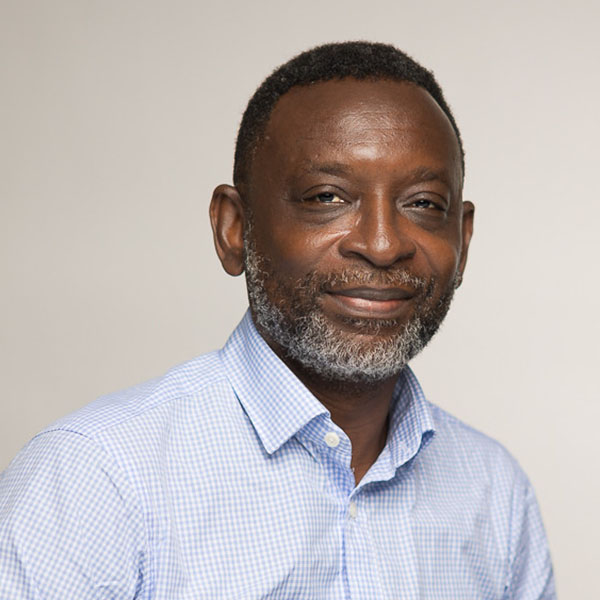A remarkable milestone has been recorded in Ghana’s academic journey as Professor George Meyiri Bob Milliar of the Kwame Nkrumah University of Science and Technology (KNUST) becomes the first Ghanaian—and only the second African—to win the renowned Synergy Grant, awarded by the European Research Council. This distinguished honour, one of the highest in global research, celebrates groundbreaking thinkers tackling some of the world’s most complex challenges. Prof. Milliar’s achievement transcends personal recognition; it underscores the rising influence of African scholarship on the global stage.
The Synergy Grant is known for its exceptional competitiveness and its commitment to supporting transformative, frontier research. Prof. Milliar and his international team have been awarded approximately 10.3 million euros to undertake what is poised to be the largest and most comprehensive study of political parties and democratic development in Africa. The project will explore how political parties shape democratic outcomes across twenty-five African countries and identify the conditions that strengthen or weaken democratic systems—work that could have far-reaching implications for the continent’s political future.
A scholar in the Department of History and Political Studies at KNUST, Prof. Milliar has built a career rooted in understanding Africa’s political dynamics from within. His research has consistently examined electoral politics, grassroots party organisation and the informal networks that influence public life. This new project significantly broadens his scope, bringing together leading researchers from top universities in Europe and Africa to study political parties as evolving institutions capable of driving progress or constraining it.
The study will employ interviews, surveys, field observations and advanced statistical analysis. Among its major outputs will be a comprehensive open-access data resource covering about eighty political parties. This valuable tool will support scholars, policymakers and civic leaders seeking deeper insight into the inner workings of African party politics. At a time when global conversations about democracy often sideline Africa, this project places African political realities at the centre of important international discourse.
For Ghana, the award highlights the growing strength and credibility of local research institutions. Prof. Milliar is the only Ghana-based researcher among this year’s winners, positioning KNUST alongside some of the most prestigious universities worldwide. The achievement reaffirms that world-class scholarship can emerge from Kumasi just as powerfully as from London, Berlin or Amsterdam.
Beyond institutional pride, the human significance of this breakthrough is profound. Young Ghanaians and African students who may question whether their academic aspirations can attain global prominence now have renewed confidence. Excellence from Africa does not require special permission—it requires opportunity. The Synergy Grant is a testament to what becomes possible when such opportunities align with talent and commitment.
The research itself holds vital importance for Africa’s democratic evolution. Political discussions about the continent are often centred on instability or crisis. This project adopts a more constructive and evidence-driven approach, examining the fundamental institutions that move democracy forward or backward. By understanding how political parties are formed, funded and organised, African nations can pursue reforms based on data rather than speculation. The findings will be invaluable for electoral bodies, civic organisations and party leaders committed to strengthening democratic institutions.
Prof. Milliar’s landmark accomplishment is a powerful reminder of the depth of Africa’s intellectual landscape. It is home to scholars whose work can simultaneously influence global understanding and drive local development. This grant amplifies the impact of one such scholar, giving him the scale and support necessary to pursue questions of continental and global importance.
As the project begins, it does so with immense promise—promising fresh perspectives on democracy, stronger partnerships between African and international institutions and renewed inspiration for emerging scholars who wish to shape society through research. This achievement is more than a scientific triumph; it is a national milestone, a continental statement and a hopeful signal that the future of global research has room for African voices at its centre.






Good one 😊